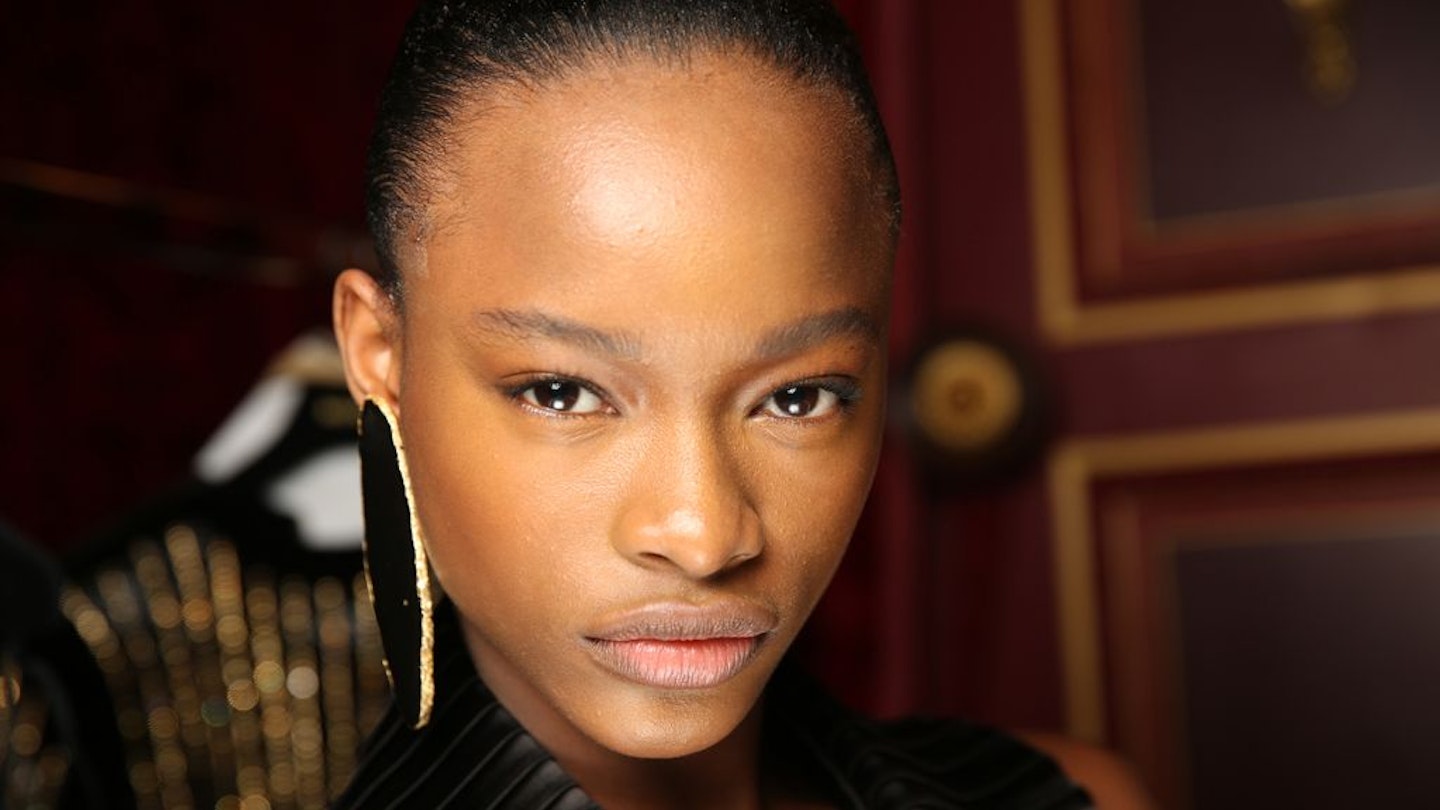Whenever I think of fake tanning, that iconic episode of Friends comes to mind. You know, the one where Ross Gellar counts to Mississippi and ends up with a super dark spray tan. It never gets old. As a dark skin black woman, I’ve never experienced sunbed or spray tan problems like Ross from Friends but at the same time, I am aware of how problematic the fake tanning industry can be.
According to [Globe Newswire](https://globenewswire.com/news-release/2018/01/17/1295494/0/en/Self-Tanning-products-Market-is-projected-to-touch-US-5-5-Bn-by-2026-TMR.htmlTMR.html), the self tanning market is expected to reach revenues of nearly $5.5bn (£4.1bn) globally by the end of 2026. Just as much as foundation is an everyday beauty essential for most women, fake tanning products have also become a staple in their bathroom cabinets. But I often wonder: what is the desired effect of fake tanning for both fair and dark complexions? Is it to actually darken skin or to simply achieve that post-holiday sun-kissed glow? Because frankly, the marketing message behind some of the major self tanning brands is confusing to a woman of colour. Especially when so many fake tanners end up tangoed orange (notably a certain President Donald Trump).
In 2013, L’Oreal Paris UK & Ireland released a YouTube tutorial for their Sublime Bronze Express Pro Self-Tanning Dry Mist (a mouthful, I know) using their oh-so-worth-it longtime ambassador Cheryl Cole. The video runs with the tagline: ‘A mist so fine, a tan so deep,’ before demonstrating, on a model, how to achieve Cheryl’s supposed ‘deep dark tan’. Only, when the tutorial is over, the model doesn’t have anything that resembles this colour – and neither does Cole for that matter.
When I, as a black woman, buy makeup products in the shade ‘deep dark’, I’m certainly a whole lot darker than anything promised in that campaign. So, what was the goal here? Marketing a product as ‘deep dark’ is unashamedly capitalising on the image of black women who have actual ‘deep dark’ melanin. However, infuriatingly, a lot of the big brands are rarely inclusive of us. Ironically, we are completely left in the dark.
Whether it's creating a tanning product that's for ‘normal to dark skin’. Sorry, what? Having dark skin isn’t normal? To the term 'deep' being thrown around, the wording used to market tanning products is problematic at best.
Don’t get me wrong – there’s absolutely nothing wrong with white women tanning or wanting a slightly darker or bronzed complexion. My frustration sits with big-name brands using words such as ‘deep dark’, which are typically associated with women of colour, to sell a dream that has nothing to do with us. It’s the language that’s problematic. Colourism continues to be a huge issue within the black community and acceptance for dark skin women in society is still an uphill struggle. So for brands to use these phrases so flippantly while still giving us the cold shoulder is like a slap in the face with a tanning glove.
With that in mind, what is actually available on the tanning market for those with darker skin tones? Not much on the face of it. I’ve seen women of colour use self tanning products from brands like Rimmel and Jergens. The results have varied from a slightly bronzed glow to just good moisture for their skin but barely a tint of colour. Then again, these tanning products were hardly made with darker women in mind. Another glaring irony. This all centers around the unspoken assumption in society that women of colour do not want to tan. This is simply not true. I personally love the healthy glow I get from being on holiday in a hot country. However, I can’t ignore that this false assumption is also a mindset within the black community too. And, if the mindset about women of colour tanning is going to change, it should probably start with us.
Case in point: black YouTube beauty vlogger Jennie Jenkins faced criticism in July when she revealed in a makeup video her annoyance at getting a tan on holiday. Some viewers interpreted Jennie’s comments to mean that she was embarrassed about her dark skin getting darker. But Jennie wasn’t ashamed of the extra melanin. The beauty guru was later forced to clarify her comments in another video by explaining that she was merely annoyed her tan had left her patchy, as a result of wearing a bikini.
Perhaps Jennie might want to try faking it in the future because, for many black women, the bonus of self tanning isn’t only about colour. Black women are particularly prone to getting pigmentation and other types of blemishes that may be more visible on our skin. Fake tan and tinted moisturisers are especially perfect for concealing these so-called imperfections and to even out skin tone. There is still a long way to go but some brands in the self tanning business are making efforts to cater to the needs of black women.
Several YouTube beauty stars, including Jackie Aina and Chanel Ambrose, have shared videos of their successful self tanning experiments. Notably, the Vita Liberata Body Blur received rave reviews for its instant, beautiful bronzed tone that actually makes brown skin darker while concealing imperfections. St Tropez’s Dark sunless tanner is also another great option as it’s specifically formulated to react well with our natural melanin. Having said this, there’s always room for improvement.
Although I won’t be applying Ross Gellar layers of fake tan anytime soon, I do embrace my blackness with pride. After all, a little extra melanin never hurt anyone – whether through a bottle or not.
READ MORE: Best Fake Tan For Pale Skin
READ MORE:****The Very Best Self-Tanners For Your Face, Whatever Your Skin Type
